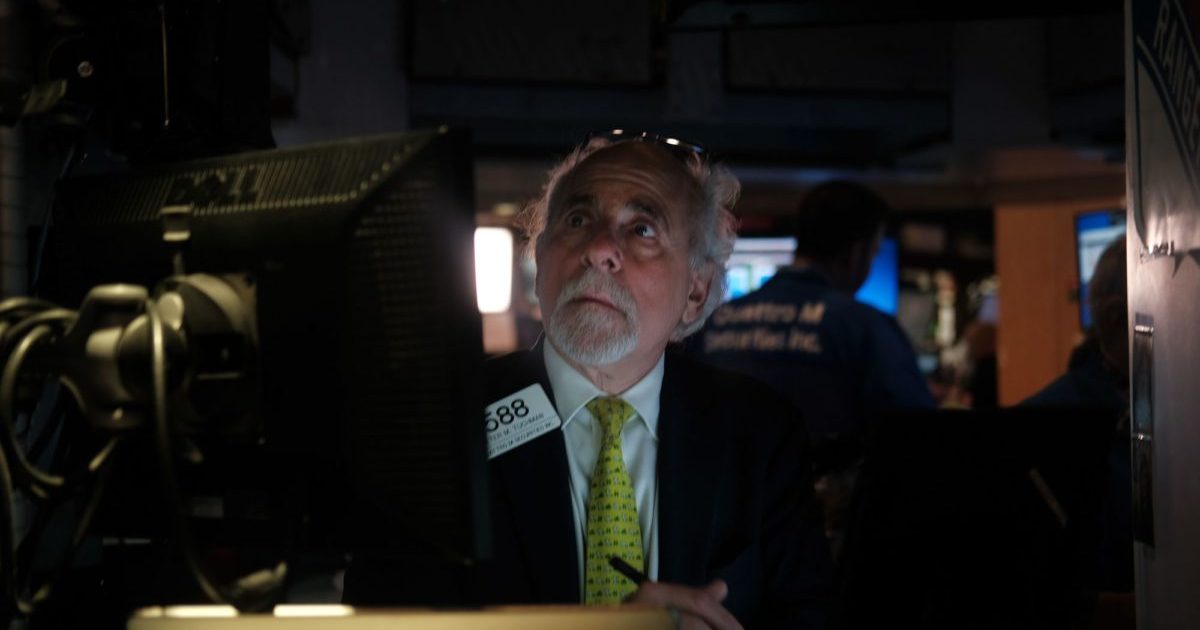- The Wuhan coronavirus is rapidly spreading around the globe and may soon be declared a global pandemic.
- The crisis is having a significant economic impact on companies, but financial markets remain nonchalant.
- China’s economic stimulus may be distorting financial markets. The West should avoid falling into the same trap.
The Wuhan coronavirus outbreak has grown into what looks to be the start of a global pandemic. Confirmed cases of the disease have soared to around 78,000 with 2,362 fatalities. The virus is spreading rapidly outside of China due to a series of “super-spreader” events.
Nevertheless, the U.S. stock market continues to hover near all-time highs despite the economic impact on the ground.
Many analysts believe financial markets are failing to price in the massive risk posed by Wuhan coronavirus outbreak. But some of their proposed solutions may make the problem worse.
Global Equity Prices Remain Stable
The S&P 500 closed at 3,337.75 on Friday – only a few percentages points off from its all-time high of 3,393.52. The Dow Jones is also near record highs, closing at 28,992.41 on Friday.
In China, equity markets are also surprisingly resilient with the Shanghai and Shenzhen exchanges both holding steady as the crisis rages on.
Shockingly, the China large-cap ETF (FX) is actually up over the last six months.
The Chinese Communist Party is using authoritarian controls to prop up the stock market.
Earlier in February, the People’s Bank of China injected 100 billion yuan ($14.33 billion) into the financial system through reverse repo operations. It also lowered its benchmark lending rate as well as the rate on its medium-term lending facility.
Chinese authorities are also offering tax incentives to companies to help them deal with the slowdown in business.
These extreme stimulus measures are keeping the Chinese markets unnaturally calm in the face of the growing crisis.
U.S. investors may be looking at the relative calm in the Chinese market and incorrectly concluding that the situation there isn’t very serious. But as the coronavirus grows into a global challenge, the U.S. financial market may find it impossible to continue hiding its head in the sand.
Analysts Believe the Stock Market is Underpricing Coronavirus Risk
According to Axel Weber, the Chairman at UBS, markets are underpricing the risk coronavirus poses to the global economy.
He calls for Western policymakers to, perhaps, replicate the strategies being used in China to prop up the market.
The UBS Chairman states the following:
There is going to be quite a bit of impact that is going to go beyond the first quarter and that is where fiscal response, providing businesses with some tax relievers, some emergency funding, that is going to be very important for putting businesses through.
Weber makes a valid point. The coronavirus is already hurting businesses around the globe.
The number of American companies reporting adverse coronavirus impact is growing by the week, yet the market seems to be shrugging off this massive economic risk.
Bloomberg estimates that around $9 trillion worth of U.S. equities have moderate to severe exposure to the situation in China.
So far American companies have not guided for the potential impact the coronavirus could have on their businesses if the disease sees significant spread outside of Asia or grows to become a global pandemic. This could be the main risk going forward.
According to the World Health Organization (WHO), the window for halting the spread of coronavirus outside of China may be narrowing.
The Situation Outside of China is Quickly Deteriorating
The coronavirus caseload in Korea tripled on Saturday as the country’s CDC reports a total of 433 confirmed infections. Korean technology giant Samsung shut down one of its factories after confirming an infection at the facility.
In Europe, Italy is beginning to replicate some of the economy-stunting travel restrictions pioneered by China.
Italian authorities have banned public events and offices in several parts of northern Italy as the alpine country now reports 58 coronavirus infections with two fatalities.
In the United States, authorities have tested 414 people with 14 confirmed cases. Many scientists believe the spread will intensify in the coming weeks. This means American companies could start feeling the economic impacts in their home markets, much like their Chinese counterparts.
Stimulus is the Problem, Not the Solution
The Wuhan coronavirus outbreak is on the verge of becoming a global pandemic with severe economic impacts. But Axel Weber’s suggestion that U.S. and European authorities should swoop in and provide support for business in the form of tax relief and subsidies is dangerous.
Top-heavy stimulus is the reason why financial markets are failing to reflect the economic realities on the ground in China. The West should not replicate that strategy.
With U.S. interest rates near record lows and China pumping billions of dollars into its financial markets, the last thing the market needs is more stimulus. While keeping the economic punch bowl spiked makes for a better party, it also leads to a worse hangover as authorities struggle to contain massive bubbles and other systemic imbalances.
Disclaimer: The opinions expressed in this article do not necessarily reflect the views of CCN.com.
This article was edited by Sam Bourgi.
Last modified: February 23, 2020 12:45 AM UTC




